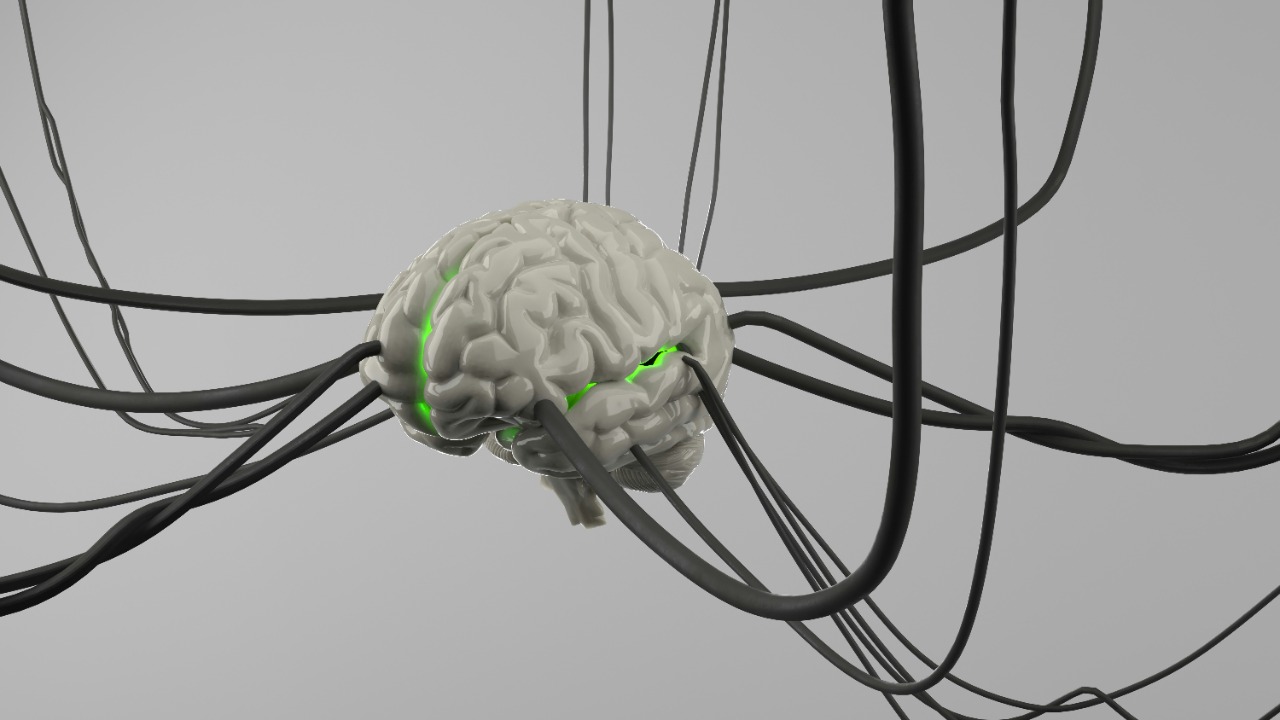The recent public disclosure of the Pentagon’s mind-control research has sent shockwaves through the scientific community and general public. This revelation sheds light on decades of clandestine experiments and raises ethical and security concerns about the manipulation of human cognition. The history, implications, and future of this controversial research are now under intense scrutiny.
The History of Mind-Control Research

Mind-control research has a long and complex history, rooted in early experiments conducted by military and intelligence agencies. During the Cold War, the race to gain a strategic edge over adversaries accelerated the development of mind-control technologies. The United States was particularly active in this domain, driven by fears that the Soviet Union was making significant advances in psychological warfare.
One of the most infamous projects in this area was MK-Ultra, a CIA program that sought to explore the possibilities of mind control through various means, including drugs and hypnosis. Government agencies such as DARPA also played a significant role in advancing mind-manipulation techniques, often operating under a veil of secrecy that has only recently been lifted.
Technological Advances and Methods

Advancements in neuroscience have been pivotal in facilitating mind-control research. Brain mapping techniques, which allow scientists to study the brain’s structure and functions in unprecedented detail, have opened new avenues for manipulating human cognition. These techniques have potential applications in military contexts, where understanding and influencing an adversary’s decision-making processes could be a game-changer.
Psychological manipulation techniques have also evolved, leveraging principles from psychology to influence behavior and decision-making. Emerging technologies in cognitive control, such as brain-computer interfaces, present both exciting possibilities and significant ethical dilemmas. The implications of these technologies for personal autonomy and privacy are profound and demand careful consideration.
Ethical and Legal Concerns

The ethical implications of mind-control experiments are vast, particularly when it comes to issues of consent and human rights. Many of the individuals involved in early experiments were unaware of the true nature of the research being conducted on them, raising serious concerns about violations of international human rights standards.
Legally, the framework governing research and military use of mind-control technologies is still evolving. There are increasing calls for transparency and accountability in defense research, as well as for the establishment of robust oversight mechanisms to ensure that these technologies are developed and deployed in a manner consistent with ethical principles.
Potential Military and Civilian Applications

In the military domain, mind-control technologies could revolutionize warfare strategies. The potential to create super-soldiers or influence enemy behavior could alter the balance of power on the battlefield. However, these possibilities also raise questions about the ethical use of such technologies in conflict and the potential for escalation.
For civilians, these technologies hold promise for applications in healthcare and law enforcement. For example, brain-computer interfaces could assist individuals with disabilities, while psychological manipulation techniques might be used in interrogation settings. However, the potential for misuse, particularly in terms of privacy violations, is a significant concern that must be addressed.
Public Reaction and Future Prospects

The public reaction to the disclosure of the Pentagon’s mind-control research has been one of shock and concern. There is an ongoing debate over the morality and necessity of such research, with critics arguing that it poses significant risks to personal freedom and autonomy.
Looking ahead, the future of mind-control research is uncertain. While technological advancements will likely continue to push the boundaries of what is possible, the challenges in balancing these advancements with ethical considerations are formidable. As we move forward, it will be crucial to engage in a broad societal dialogue about the implications of these technologies and the values that should guide their development and use.